Renault all set to make hydrogen vans this year
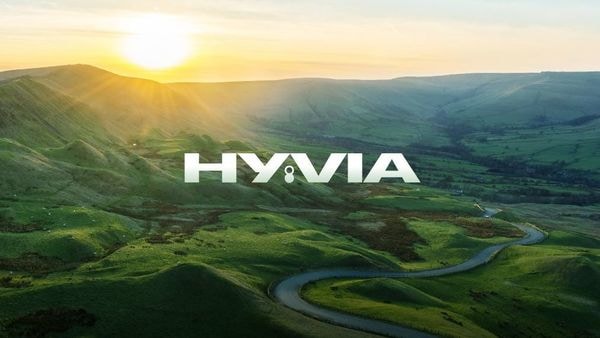

Renault SA’s new joint venture with fuel-cell maker Plug Power Inc. to build hydrogen-powered vans has a new name -- and a time line to hit the market this year.
The venture, now named Hyvia, plans to begin building three types of fuel-cell vans at existing Renault plants in France by year’s end.
Also Read : This Hyundai car on hydrogen fuel sets world record by travelling nearly 900 kms
Also check these Vehicles
Each of the three models will be based on Renault’s Master line of vans -- a key to reaching the market quickly. All will use the same electric motors that now power the all-electric version of the Master. The joint venture was announced by the two companies in January.
“The objective, obviously, is speed -- that’s our first concern," David Holderbach, Hyvia’s chief executive officer, said in an interview.
The venture represents a bet by Renault that hydrogen will play a key role in transportation as the world shifts from fossil fuels. That thinking is reflected in the new name, a combination of “hydrogen" and “via," the Latin word for road. Fuel-cell vehicles produce no greenhouse gas emissions, and they can refuel with hydrogen in as little as three minutes -- far faster than an electric vehicle can recharge its battery pack. Fuel-cell vehicles are also lighter than their battery-electric competitors, a distinct advantage for delivery vans and trucks.
Plug Power and Renault each own 50% of Hyvia, and the two companies expect to invest at least 65 million euros ($79 million) in the venture on a pro rata basis through 2022, according to a federal filing Thursday.
EV Limits
“You can refuel in a few minutes and go about business as usual," Holderbach said. “We reach limits of usage with EV solutions, because you need to carry a heavy payload with the batteries."
Two of the vans will be designed for delivering goods, while the third will be configured as a bus. Hyvia also will supply customers with hydrogen to run the vans, and charging stations for delivering the hydrogen.
Plug Power built its business making fuel cells for forklifts and other warehouse gear. But the company has signed a series of deals in the last year to expand into other businesses, including making and distributing hydrogen.
A Renault plant in Batilly, France, that already makes the Master van will build much of the new vehicles. But the fuel cells will be built in Renault’s Flins factory, near Paris, while a third facility nearby will integrate the fuel cells into the vans. The joint venture will be based in Villiers-Saint-Frederic, home of Renault’s engineering and development center for light commercial vehicles.







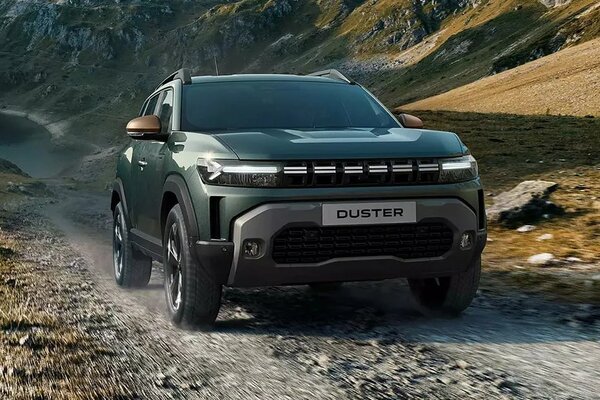
 1499 cc
1499 cc Petrol
Petrol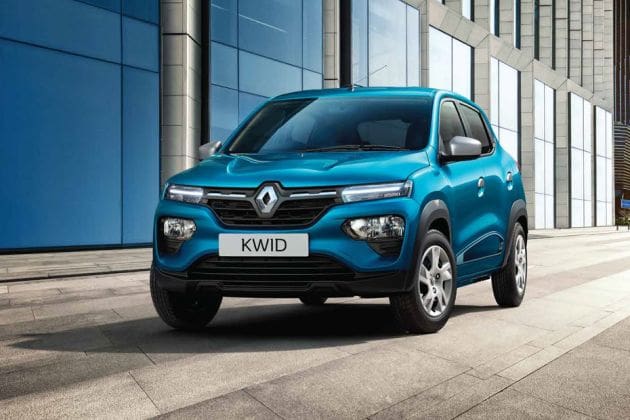
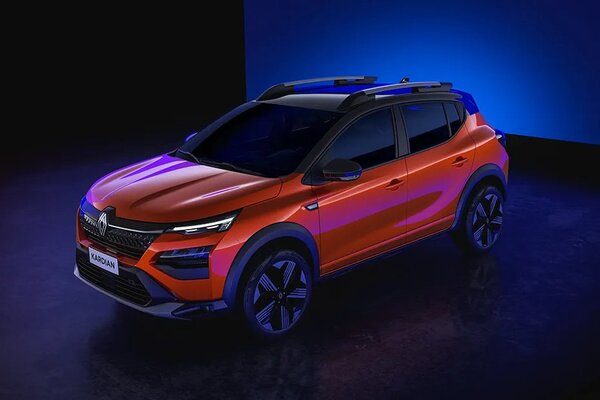
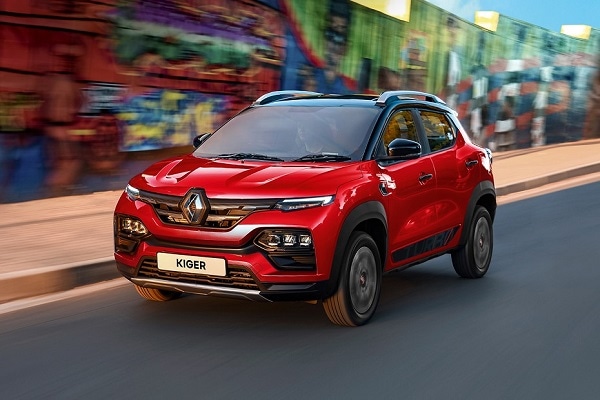
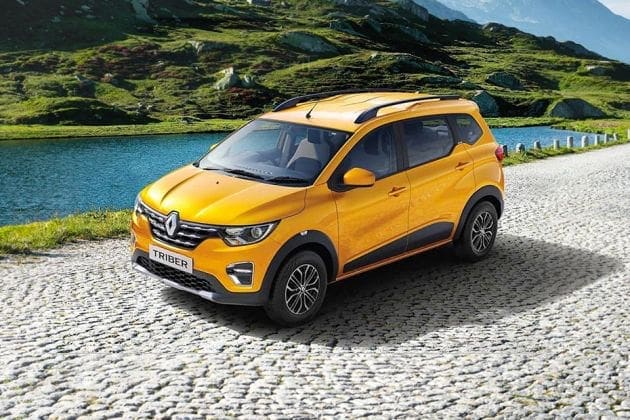
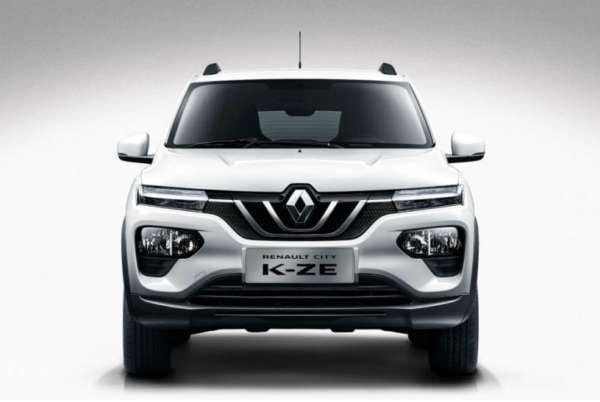
 26.8kWh
26.8kWh 271 Km
271 Km










